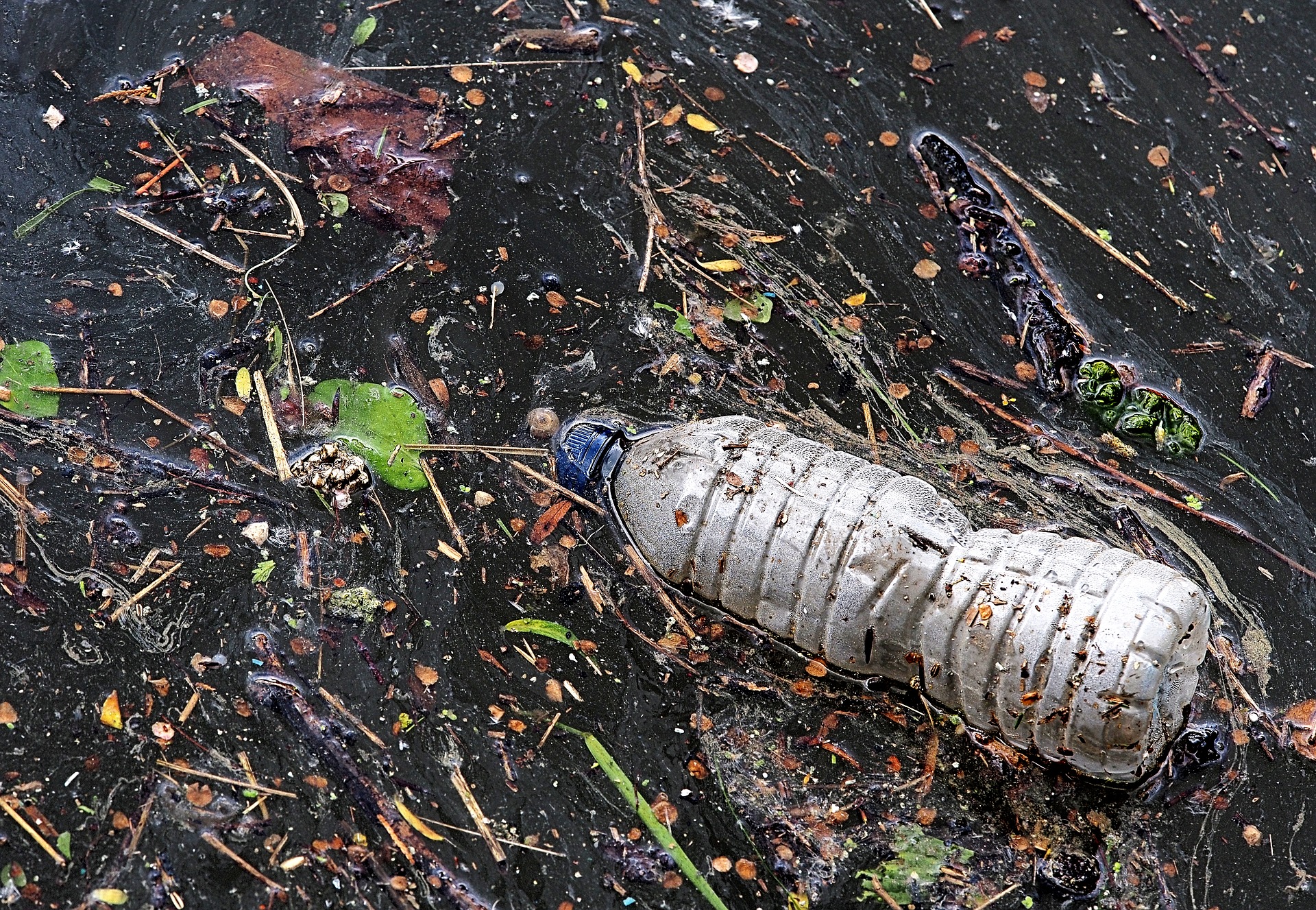
Plastic plants discharged 128 million pounds of pollutants into U.S. waterways last year, their operators reported to the EPA ― including 77,859 pounds of the most toxic pollutants.
Decades-old EPA Limits Require Update As Plastic Production Booms
Turtle Island Restoration Network joined more than 270 community and conservation organizations to file a legal petition in July that demands the U.S. Environmental Protection Agency adopt strict new water-pollution limits for industrial plants that create plastic.
Plastic plants discharged 128 million pounds of pollutants into U.S. waterways last year, their operators reported to the EPA ― including 77,859 pounds of the most toxic pollutants.
The petition calls for a total ban on the discharge of plastic pollution and detectable levels of the most dangerous toxic pollutants, including dioxin and benzene. As the fossil fuel industry increases plastic production and builds dozens of new facilities around the country, the petition says updated regulations are needed to protect waterways and public health.
“These relentless plastic barrons can no longer deny the impact producing plastic has on oceans, waterways, wildlife, and even public health,” said Development Associate Stepph Sharpe. “They must be held responsible for their past, current, and future plans to put life in the crosshairs in the name of a detrimental product that has many sustainable alternatives.”
The outdated regulations from the 1980s and early 1990s fail to consider new pollutant detection and treatment technologies that can reduce the harms of ocean plastic pollution and toxic pollutant discharge from plastic manufacture.
The petition calls for the EPA to take four specific actions under the Clean Water Act:
- Prohibit the discharge of plastic pellets and other plastic materials in stormwater and wastewater;
- Update Effluent Limitations Guidelines for new facilities to eliminate the discharge of toxic priority pollutants;
- For all facilities, put into effect Effluent Limitations Guidelines for pollutants of concern not currently regulated; and
- Update current Effluent Limitations Guidelines for all facilities to reflect advances in monitoring and treatment technologies since the last revisions decades ago.
Turtle Island Restoration Network and its suite of marine programs advocates for policy change and personal lifestyle alterations to help us save all marine species from an increasingly urgent threat: human-produced plastic.
An estimated 8 million tons of plastic enters our oceans every year, and it’s expected to outweigh all the fish in the sea by 2050. Environmental pollutants adhere to plastic as it travels through the ocean. If ingested, those contaminated plastics can sicken marine life — and, ultimately, humans who eat contaminated seafood. Plastics can also choke or entangle marine life, including sea turtles and whales.
Plastic-creating petrochemical plants, which are often located in low-income communities of color along the Gulf Coast and Appalachia, emit tons of air and water pollution. Water pollution now permitted by these plants include benzene, dioxin, phthalates, and polycyclic aromatic hydrocarbons, all harmful to human health.
The plastic industry has announced plans to increase North American plastic production by at least 35 percent by 2025. The increased production is being driven by an oversupply of fracked natural gas. Some of the biggest projects are ethane cracker plants that produce plastic, much of which is turned into single-use packaging.




